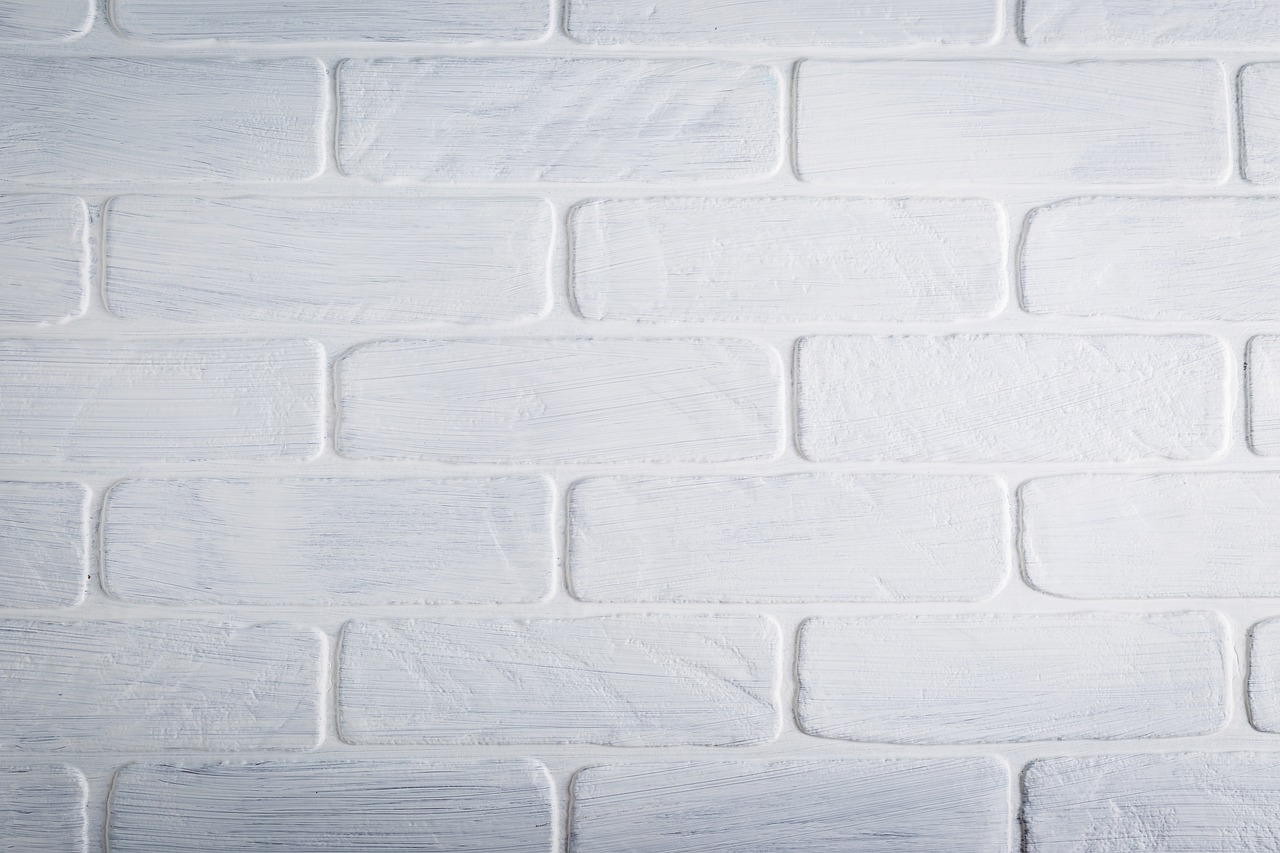Today I stumbled upon an article in The Guardian it brought to light something that is often overlooked in the discussions on both mental health, racism, misogynoir, and self-love. The article spoke about the devastating mental health effects of being a Black woman in a white supremacist society. Not just how we feel when racism is overt or our responses to microaggressions. But the very real internal battle we experience with being and showing love for our authentic selfs and having to often push that down and hide it in order to make white people comfortable.
I’m sure some of my more “woke” counterparts will scoff at this and lament that our primary concern should not be making white people comfortable and to disregard respectability politics. As much as I agree with this, I also deal in reality. White people’s comfort with my Blackness has a direct effect on my life. If they weren’t comfortable with my Blackness, I wouldn’t have the job that it took me a full year to get. If they weren’t comfortable with my Blackness, I wouldn’t have gotten the apartment that I wanted. If they weren’t comfortable with my Blackness, the handful of times I’ve gotten pulled over could have resulted in far worse than just a warning or a ticket. As much as we want to deny that white people’s comfort is not as important as our equality, at this juncture in time it is still pretty damn important.
Now before some readers take this completely out of context, let me say this. Making white people comfortable is not always shuckin and jivin and denouncing the Black community. It is also NOT and I repeat NOT looking for white validation or acceptance. There are levels to this. Being a Black person that makes white people comfortable does not always equate to being a Stacey Dash or Raven Symone. Very often it means staying silent when political conversations come up at work, no matter how badly you want to rip into someone about their thinly veiled racist political leanings. It can be pulling your natural hair back and slicking it down with gel on a daily basis when you know that you love your hair more when it’s free to stand and stretch to the sun. It can mean code switching when you are in a predominately white space. Hell, it can even be gently bopping your head to music you love instead of breaking out in a full on Milly Rock simply because A. you don’t wanna be the stereotypical dancing ass Black person B. you don’t want white people asking you how you do that and asking you to teach them how to dance C. you don’t want to bring the ire of those white people who are jealous that they don’t have the rhythm they think you have. There are many ways we try to assure white comfort, feel free to comment below on ways you’ve noticed you or others try to make white people comfortable.
As I stated earlier, making white folks comfortable is not about seeking acceptance. It is a survival tactic. Granted there will always be the contingent who are not okay with us in any instances, but the ones that are only okay with our small doses of Blackness seem to be far more prevalent. How many of us have had to go to HR or have a meeting with a higher up for being “unfriendly” or “not a team player” simply for keeping to ourselves at work. Keeping to ourselves is a form of self-care because being the “safe” Black person is both mentally and physically exhausting since it is an act that we are forced to put on in order to survive in this world. We have to be hyper aware of our behaviors, our tone of voice, our body language, even the phrasing of and wording used in discussions. One slip up and it’s back to HR for being “insubordinate” and “unapproachable.”
This leads me into why I feel that loving our Blackness can not only be beautiful and affirming but also a catch 22. When you love your Blackness from the AAVE, to the cuisine, to the music, to the fashion, to your hair and skin and you truly believe that you, nor your people, are beneath anyone else, having to play the “safe” Black person feels wrong. It’s soul-crushing and depressing. This is where the conversation about its effects on our mental health tend to stop. We rarely delve deeper into the consequences of having to perform for whiteness in order to stay relatively safe.
Speaking for myself, I have always loved my heritage and took great pride in my ancestors. However, I didn’t always love my Blackness. My parents affirmed my beauty and my worth every step throughout my life but, living in and going to school in a predominately white area my whole life seemed to trump all of their hard work. I thought my dark skin was ugly, I panicked if I had to miss an appointment for a touch up because my natural hair was too unruly to be seen, I tried not to eat watermelon or fried chicken in front of others. I was often put into situations where I was embarrassed but couldn’t quite figure out why, like when a classmate came over and said that my house didn’t smell like other Black people’s houses or when I was told I couldn’t play a certain make-believe character because I was too dark. I didn’t experience affirmation from peers until I went away to college. Despite attending PWIs I was then, finally, afforded the opportunity to actively seek out, interact with, and befriend other Black people. This is when and where my social consciousness started to shift. Then came social media, specifically Twitter, where I was able to connect with and interact with people, specifically Black women, and really grasp what loving myself is and what it looks like.
So in my journey of self-love and affirmation I began to feel more whole, but also my eyes were opened wider than ever before to the stark injustices of the world. Especially in regard to Black people and other People of Color. I can say that these changes in my worldview had a direct correlation to my depressive episodes. Having dealt with Bipolar Disorder from the age of 12 I can say that these more recent bouts of depression have been triggered by the news of unarmed Black people being killed by the police, the misogynistic contempt being thrown at women by men, and the degradation of Black women by the people who are supposed to be our partners, Black men. These more recent struggles with depression have lasted longer and had me feeling more hopeless than ever before.
Now, not only do I have to deal with being fully aware of the harsh realities of the world, I am now forced to shrink myself and hide the bits and pieces of existence that bring me joy in a world hell-bent on destroying me, in order to stay employed and housed and “out of trouble.” So the catch 22 is that the more you love your Blackness the more you need to hide it as a way of survival, but also the more you love your Blackness the harder it is to be okay with hiding it.
Not having to worry about white people’s feelings isn’t always feasible for many of us. I think that’s why we get so much joy from people like Serena Williams, Cam Newton, Beyonce, and Marshawn Lynch. They have the ability to be unapologetically Black because, seriously, even with all the slanderous think pieces and news articles, who’s gon’ check them. They are still gonna make their money and live on their own terms, with no one to answer to but themselves. Hopefully, one day we can all get there, but until then I’ll continue to wear my headphones at work and listen to the Best of Mannie Fresh while searching Pinterest for natural hairstyles to keep my soul from withering away in a predominately white workspace. Because self-care is of the utmost importance.






Let me know what you think